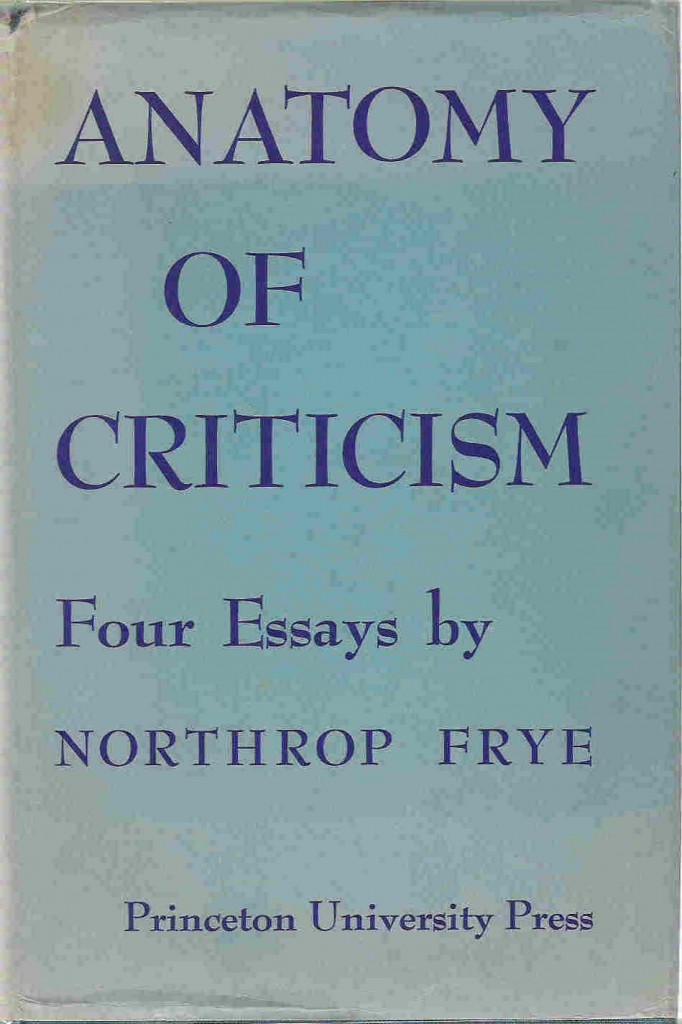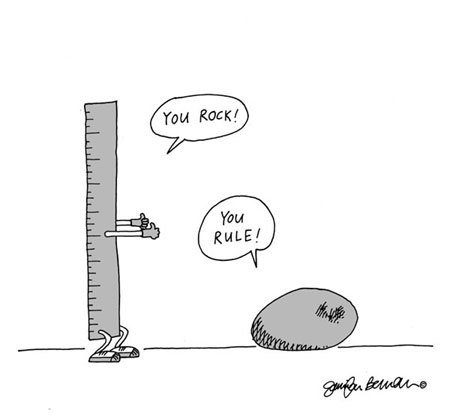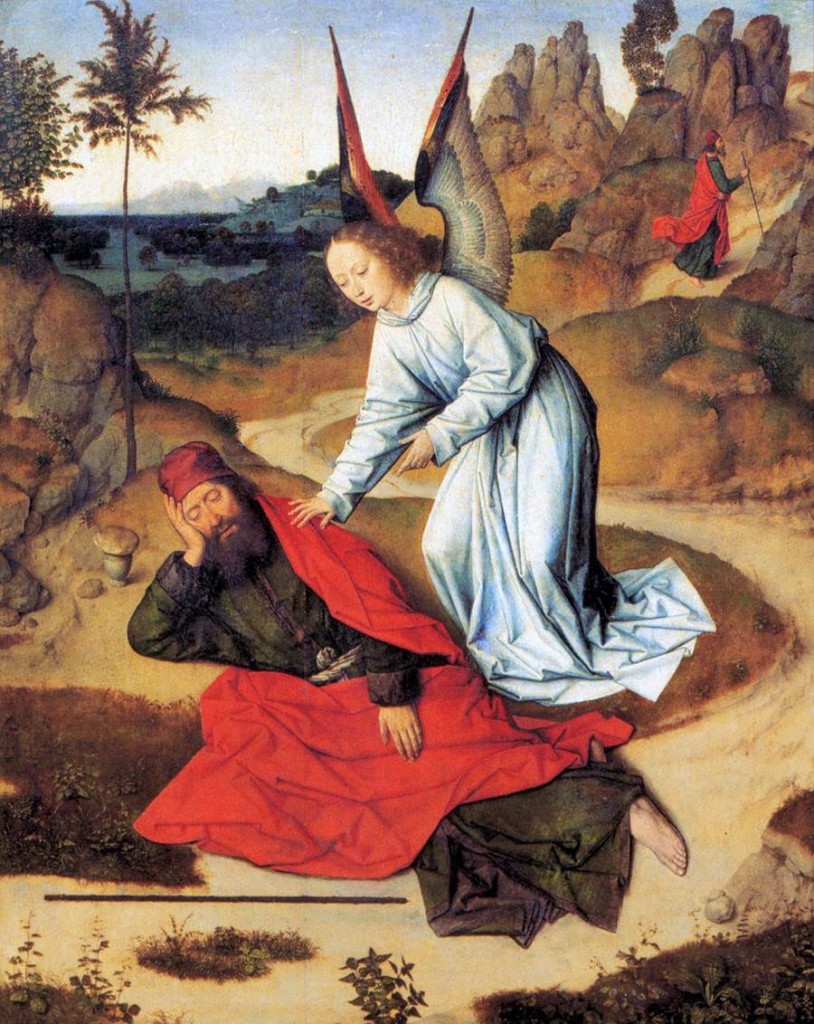httpv://www.youtube.com/watch?v=PEIrZO069Kg&feature=player_embedded
Buckley on Firing Line in 1969 cheerfully offers to “punch” Noam Chomsky “in the goddamn face.” What makes this clip especially interesting is that, Buckley’s quip aside, Chomsky’s opinion on the Vietnam War and its effects on American society turned out to be the right one. Buckley isn’t even in the game on the issue.
httpv://www.youtube.com/watch?v=nYymnxoQnf8&feature=player_embedded
Buckley, not cheerful at all, threatens Gore Vidal at the 1968 Democratic convention, ““Now listen you queer, stop calling me a crypto-nazi, or I’ll sock you in the goddamn face.” This may have been shocking behavior in 1968, but it’s pretty much the way it’s done now, Buckley’s example having been picked up and fully exploited by people like Limbaugh, Coulter, Hannity, and O’Reilly.
Andrew Sullivan is the only conservative I trust on a daily basis because he is intelligent, scrupulous in his opinions, and possesses real journalistic talent. He is pragmatic in a way that is progressive in outlook if not in policy.
However, there is one thing about Sullivan that is baffling: his surprisingly conventional estimation of William F. Buckley’s legacy. In a post today Sullivan, citing Terry Teachout, entertains the notion that it is due to his “charm.” I understand that in conservative circles Buckley, since his death three years ago, is regarded as St. Patrick driving slithering entities like the John Birch Society away from any position of influence in the post-Goldwater conservative revival. But “charming”? He was nasty, always: any random clip from Firing Line (like the one with Noam Chomsky above) will confirm as much. Buckley set the standard for supercilious contempt for opposition, with displays of a divine right to verbal violence, which is currently about the only way conservatives in the public eye seem to communicate.
Putting hero-worship aside, here’s an article from Spy magazine published in July 1989. It makes clear that by the 1980s, during the Reagan ascendancy when his influence should have been at its peak, Buckley was a fading cult figure whose diminishing influence was sustained mostly by his belligerent self-regard and the slowing momentum of his glory years in the 1950s and 60s.
This paragraph from “The Boys Who Would Be Buckley” has always stayed with me. It captures the fraying noblesse oblige of Buckley’s National Review, whose offices, on author Bob Mack’s account, seemed to emit the geriatric odor of whiskey and gingivitis:
Still, [new editor John] O’Sullivan faces a daunting task: the deadwood. . .is thick; the atmosphere is musty, quaint and lazy, and a tone of genteel racism endures. This attitude is usually expressed in a third-floor conference room, at the bi-weekly editorial meetings and the usual end-of-the-day cocktail hours that are held there. “There’s this insularity,” says one former NR editorial assistant about the events that occurred in that room, “where you feel among friends who all think the same way you do. You can even express your true feelings about something that, in another situation, you would be more guarded about. This was especially true when Bill was away.” On which subjects have true feelings been expressed? Well, senior editors Sobran and Jeffery Hart have swapped jokes about crematoriums and gas chambers. Race relations is also a popular subject. In November 1986 NR ran a cover story, “Blacks and the GOP: Just Called to Say I Love You,” that outlined possible GOP strategies for attracting black voters. Presiding over the traditional post-issue recap, Buckley quipped, “Maybe it should have been titled, ‘Just Called to Say I Love You, Niggah.'” During another editorial meeting, Jeffery Hart reflected wistfully that “under a real government, Bishop [Desmond] Tutu would be a cake of soap.”
Charming.


